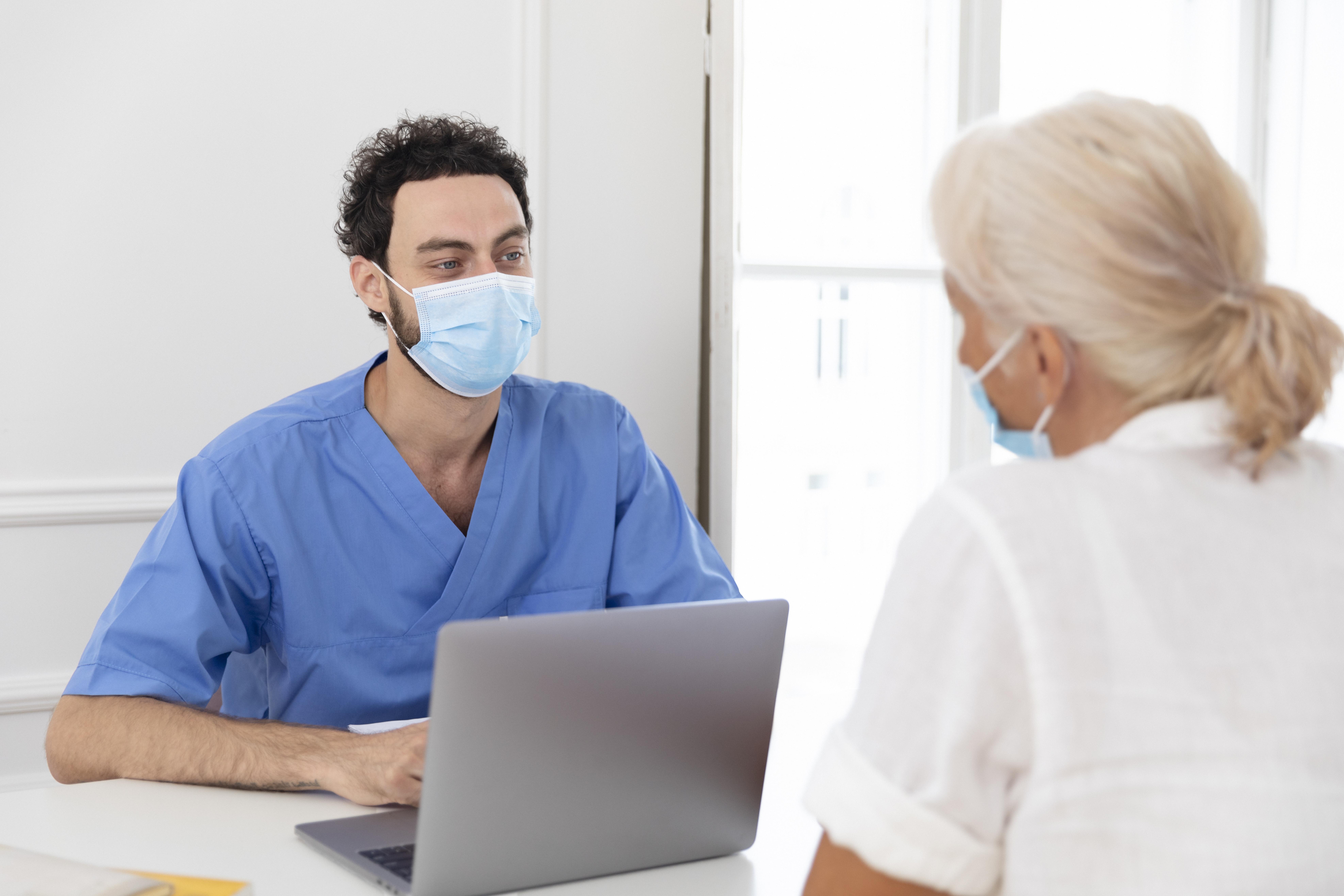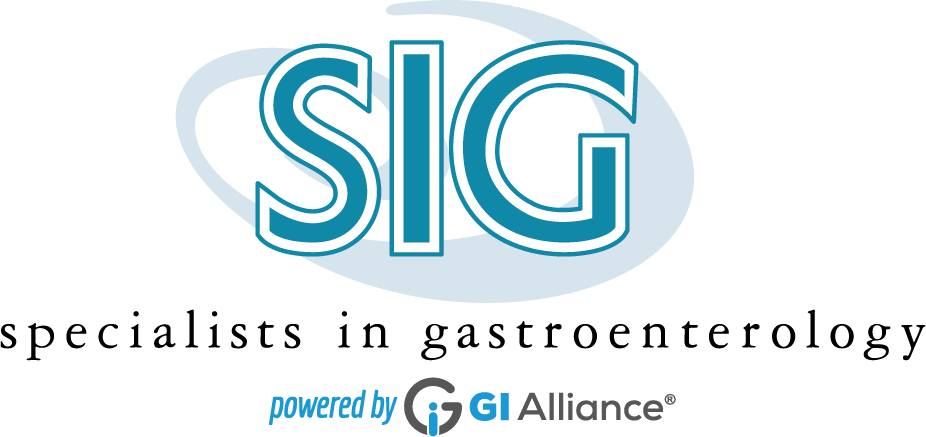Esophageal Manometry (Motility Study) in St. Louis, MO
What is an esophageal motility test?
Esophageal motility studies at a Specialists in Gastroenterology location in your community are tests administered to analyze the contractile and relaxation abilities of the esophagus. To carry out the test, a thin and pliable catheter will be inserted into the esophagus through the nose. An esophageal motility evaluation could be administered to help diagnose the cause behind:
- Esophageal spasm
- Before undergoing esophageal surgery
- Chest pain
- Swallowing difficulties
- Severe gastroesophageal reflux
- Regurgitation
To connect with a gastrointestinal provider who can conduct an esophageal motility test or esophageal manometry in St. Louis, MO, please get in touch with the location nearest you.

What happens the day before my esophageal motility test?
You will receive instructions and information from your Specialists in Gastroenterology provider explaining the necessary preparations. Generally, patients will be allowed to follow their normal eating habits the day before the exam. Patients will be asked not to consume any food or beverages by mouth after 12:00 am (midnight) apart from medications. It is very important to adhere to the information and instructions provided to you by your GI specialist. Specific instructions regarding medications you might be taking will also be explained. Most of the time, your medications will not be altered. However, in certain instances, particularly in those on blood thinners, (for example Plavix®, warfarin, Coumadin®, anti-inflammatories, aspirin) and in patients with diabetes, special instructions will be given.
What happens on the day of the esophageal motility test?
On the day of your esophageal motility study, you will need to arrive at the endoscopy center 30 minutes before your exam. This will give you time to complete patient forms and prepare for the study.
Once in the procedure room, you will lie back on an exam table. Either your left or right nostril will be anesthetized with lidocaine. We will then gently guide a narrow catheter into the nostril. As the catheter is advanced into the esophagus, you will be encouraged to swallow to open the esophageal area. The nurse will first adjust the device to measure the squeeze of the lower esophageal sphincter (LES). Our team will then evaluate the contractile ability of the muscles of the body of the esophagus. When we reach this state of the motility study, you will be required to drink 10 – 20 sips of water. After this is completed, the process will be finished and the catheter will be removed. In general, the process will take approximately 30-60 minutes.
Because sedation is not used for this study, you will be allowed to leave the endoscopy unit after the process is finished. The majority of individuals can eat and drink as usual following their discharge from the endoscopy center, however, specific instructions involving eating, medications, and activity will be provided by our team before you leave.
When will I receive the results of my esophageal motility exam?
Because the computer will need to develop charts and grafts from the input obtained during your evaluation, the test results will not be ready for review while you are still at the endoscopy center. The assessment results will be read by the specialist at a future time. You will be contacted by your St. Louis, MO providers within a week to discuss the esophageal motility assessment results.
Are there any risks of an esophageal manometry study?
Esophageal motility testing is considered to be a very safe procedure. Treatment complications impact less than 1% of patients. Most complications do not tend to be life-threatening, however, if a complication occurs, it could result in a hospital stay and surgery. Before we start the exam, a consent form will be reviewed with the patient by the nursing team at your selected Specialists in Gastroenterology location.
Piercing or puncturing of the esophageal tissues is a very unlikely risk but it can happen. This could be identified during the test, or it may not be obvious until further into the day. In most situations, a perforation will require surgery and hospitalization.
It is vital that you contact your provider immediately if any symptoms develop after the exam, such as bleeding, abdominal pain that worsens, or fever.
Like any other procedure, an esophageal motility test is not perfect. There is a slight, accepted risk that health concerns might go undetected during the evaluation. We urge you to periodically schedule appointments with your healthcare practitioners as instructed and inform them of any new or persistent symptoms.
What are alternatives to an esophageal motility exam?
Any alternative options will depend on the reason behind needing an esophageal motility exam in the first place. For most patients, the esophageal motility exam is the most effective approach to observing the muscle abilities of the esophagus. Although, an x-ray image known as an esophagram, either by itself or in congruence with an upper GI/barium swallow procedure, can also allow providers to examine the esophagus.

